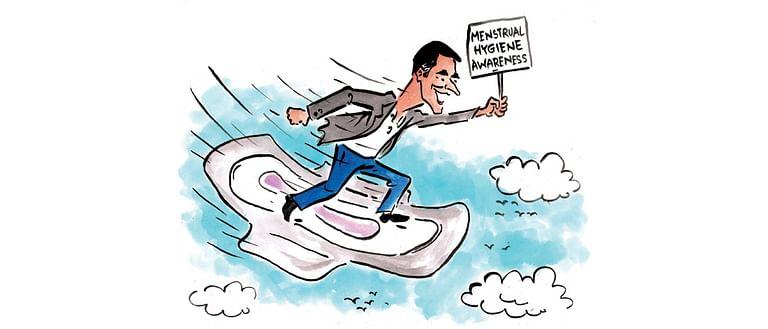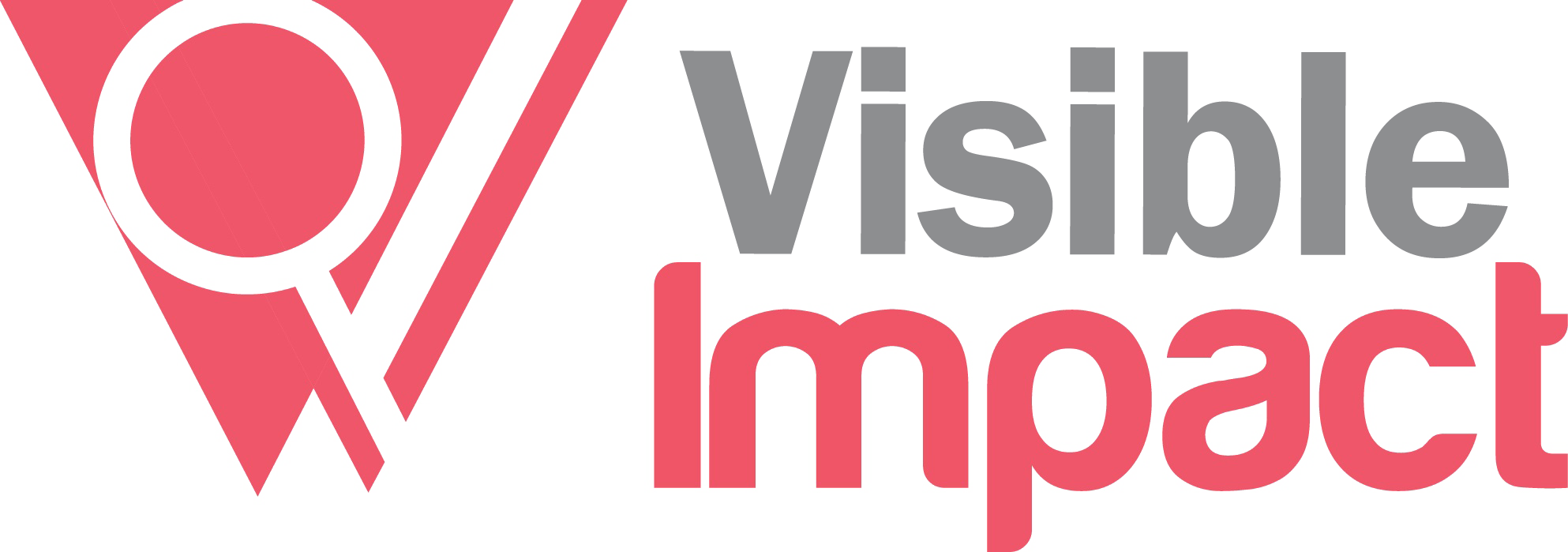"The Tale of Tom and Talking Period"

I was given a responsibility to conduct workshops on topic menstrual health and hygiene management in school setting this year. I was really excited about the opportunity to conduct workshops and interact with diverse groups of individuals. To commence, I mapped out potential schools for me to conduct workshops that also were easy for me to reach from my place. I reached out to many schools to communicate and brief the school authority about the workshop theme and the topics to be included during the session.
As soon as I used to say the topic “Menstrual Health and Hygiene Management”, I encountered skepticism and resistance as they said “Eh teso vaye ta ketiharu matra chaine raicha hai tapailai?” I used to reply, “Haina Sir, ketaharu pani rakhna parcha, uniharulai pani dine ho session.” While I replied, they also said things like, “Kina ra, yo ta ketaharu lai chaincha ra?”, “Yo ta ketiharu sanga related bisaya haina ra?”, “Ketaharu ta laijauchan ni, class ma sundainan”, “Bich ma halla garna thale k gari samhalnu huncha, haschan pani” and many more. This initial reluctance prompted me to explain the importance of inclusivity and the role of men in supporting menstruating individuals. After hearing me, they would decide on giving me the time to conduct the workshop. I used to get a bit annoyed to be explaining the same thing to every authority, but that also made me realize the knowledge and awareness we upheld as a society. I even got annoyed but was not surprised to hear such things. Despite the repetitive nature of these explanations, it dawned on me the societal norms and beliefs that shaped such responses.
In the same way, I reached out to another school outside the Kathmandu valley with the official request letter to provide me with time to conduct the workshop. I briefed about the entire workshop and then faced the same questions again; I was crossed to be explaining the same, but I did and also asked if he and other teachers could make it to the workshop because I really wanted them to attend the workshop and get to learn about role of men in supporting menstruating individuals. After the entire discussion, they agreed on conducting the session. I agreed too and conducted the workshop. During the session, I was trying to interact with the students to help them understand well and also to make them feel included and comfortable. I started with changes during adolescent’s period as I was conducting the workshop with school-going adolescents. Then I talked about menstruation as one of the changes, its physiology and also discussed about role of men in menstruation to learn about their perspective. I asked a few questions in between but nobody really wanted to answer except for a boy who was sitting right in the front row and was answering all my questions very enthusiastically. I didn’t notice until he started asking me a lot as well.
He was Tom, a schoolboy, always curious about everything ranging from politics to sports and what not. He asked me a lot of questions, I addressed a few of them but at one point, I thought he was really disturbing the entire session and I was also concerned about the time limitation and topics to be covered. I requested him to stay back after the workshop for some time to discuss things in detail. I then completed the workshop after some time. After the completion, teachers appreciated talking about menstruation. They were impressed for talking about the topic that was important but stigmatized to teach and talk even inside a classroom openly. They also mentioned that they could never talk or teach about it properly in the classroom as students themselves also got really shy and hesitant.
After the reflection and feedback, that little boy, Tom, was waiting for me inside the classroom along with a few of his friends. I went to them and started the conversation on what they wanted to know more about. They started saying they never really knew about menstruation and the complexity a menstruating individual faces from their own family and community. I addressed their curiosities and talked about misconceptions and myths regarding menstruation existing in the society we live in that adds problems to the existing complexity. They were genuinely listening and interacting to learn more. I addressed almost all their curiosities, and they were committed to helping and supporting menstruating individuals when in need. They also committed to advocate and talk about menstruation and myths related to it with family, friends, teachers, and communities. They also ensured me that they would always take care of their mothers and sisters at home and friends at school by providing menstrual products and hot soups to help them tackle the pain they experienced. I laughingly said “Okay” as I was so touched by their innocence and willingness to be part of their close ones during their time of menstruation. All the discussion and their passion to contribute to the meaningful change made me feel worth conducting such advocacy workshops and filled me with gratitude for the opportunity.
I don’t know how Tom and his friends will shape their thoughts as they grow up, but as we look to the future, individuals like Tom represent a crucial asset in creating menstrual-friendly environments, boosting self-esteem among menstruating individuals, and fostering inclusive communities. Their passion and dedication emphasize the ongoing need for education and awareness in addressing menstrual health challenges.
